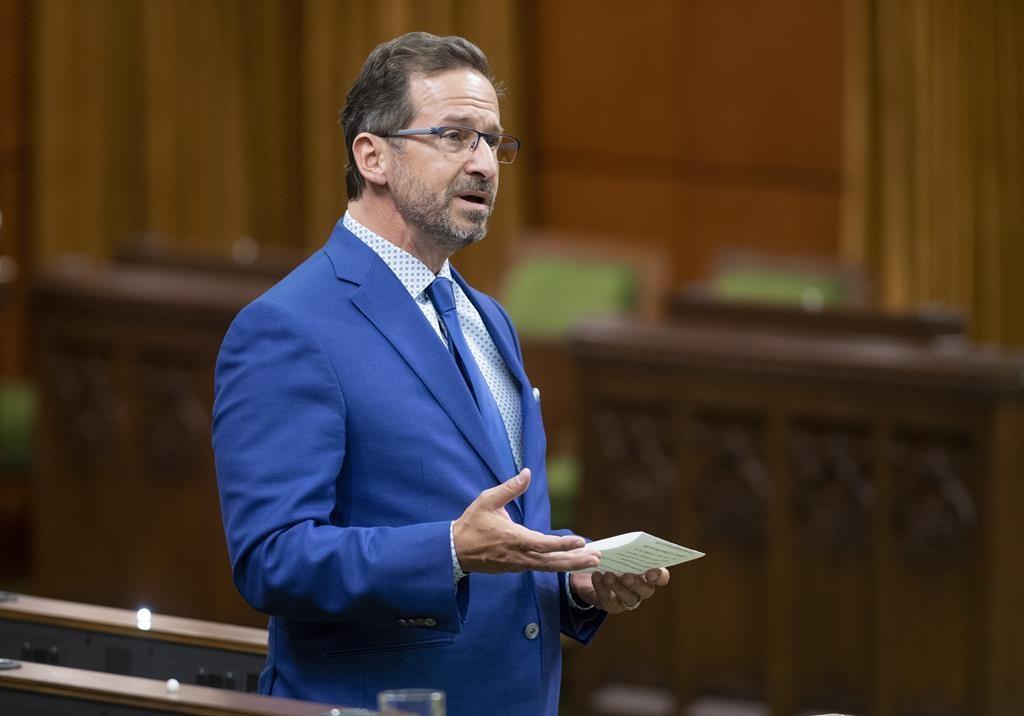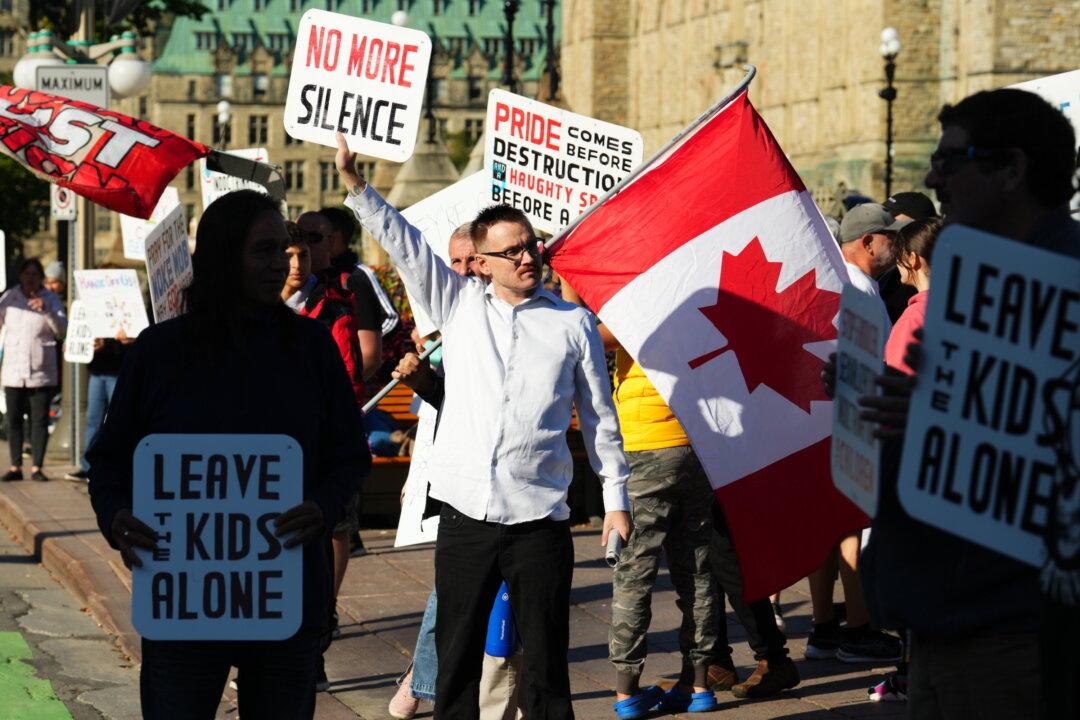The House of Commons has called upon the federal cabinet to reevaluate Canada’s current immigration quotas, which stand at a record high.
The Feb. 12 Bloc Québécois (BQ) motion, which passed with a 173 to 150 majority, was supported by every member outside the Liberal Party, as first covered by Blacklock’s Reporter.





